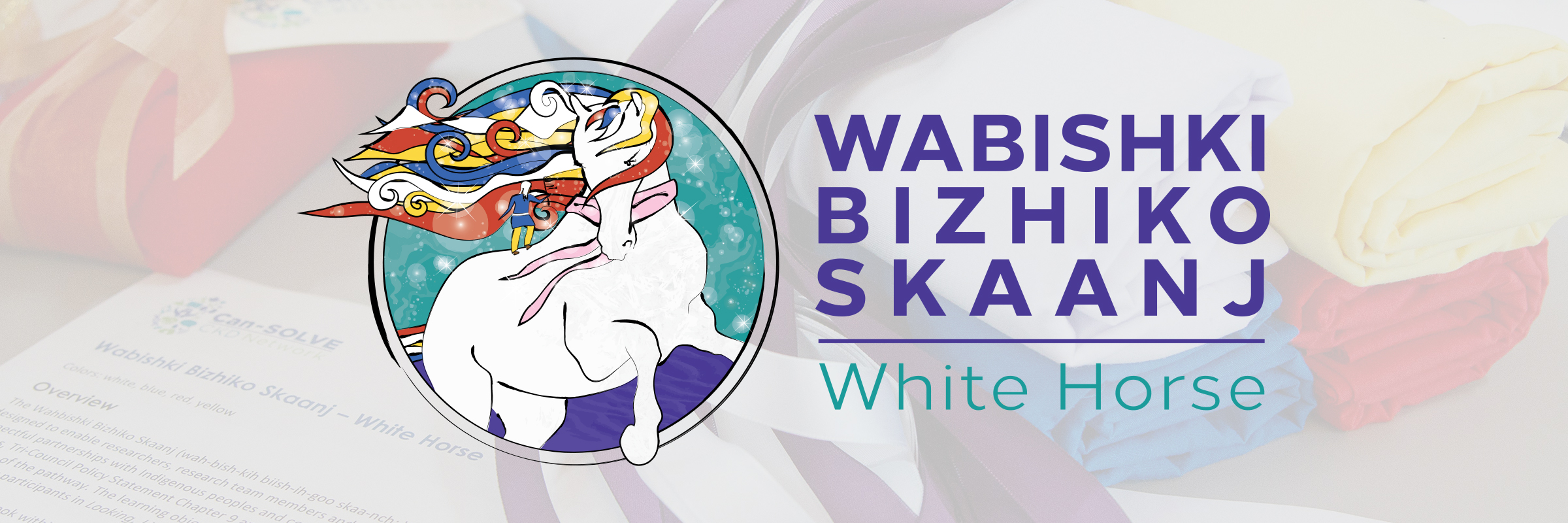
Wabishki Bizhiko Skaanj (wah-bish-kih biish-ih-goo skaa-nch) is a learning pathway that aims to enhance researchers’ knowledge and awareness of racial biases, Indigenous voices and stories, the impact of colonization on Indigenous health, and culturally safe health research practices.
The learning pathway comprises existing resources such as San’yas, OCAP, Tri-Council Policy Statement Chapter 9, and the KAIROS Blanket Exercise, in addition to original components developed by the Can-SOLVE CKD Network.
Participants may complete one or more components of the pathway depending on their learning needs and ability. Self-reflection will be a critical part of each component.
The objectives of Wabishki Bizhiko Skaanj are closely aligned with those of the Can-SOLVE CKD Network. Participants are encouraged to look, listen, learn, and lead their way along the pathway:
- Looking: Look within to observe and examine racial identities, privileges, and biases
- Listening: Listen to Indigenous voices and stories by participating in interactive learning exercises, facilitated online modules and webinars
- Learning: Enhance knowledge of the history of colonization in Canada and its impacts on Indigenous peoples and their health
- Leading: Reflect on the learning and commit to taking appropriate actions in building genuine partnerships with Indigenous peoples and communities in the spirit of reconciliation.
The Can-SOLVE CKD Indigenous Peoples’ Engagement and Research Council (IPERC) has commissioned a working group to develop the pathway’s content and oversee its roll-out. The working group is led by Helen Robinson-Settee and includes members of the Can-SOLVE CKD Network, Diabetes Action Canada, First Nations Health Authority (BC), and Provincial Health Services Authority (BC) Indigenous Health.
Wabishki Bizhiko Skaanj – White Horse
The name and identity for Wabishki Bizhiko Skaanj were given by Anishinaabe Knowledge Keeper Dan Thomas at a pipe ceremony in March 2018. The name means “White Horse” in Anishinaabe. Along with the name, Knowledge Keeper Dan gave four colours for the learning pathway: white, blue, red, and yellow.
The name Wabishki Bizhiko Skaanj was formally revealed at the Can-SOLVE CKD Annual Meeting on May 5. IPERC co-chair Helen Robinson-Settee presented the learning pathway to Patient Council members and shared the story of how the pathway’s name came to Knowledge Keeper Dan.
Read now
Scholary publication in the Canadian Journal of Public Health
Learning Pathway Components
Click on each resource image to watch/listen to an introduction.
Supporting Each Other’s Journey: Land Acknowledgment Learning Series
A self-directed four-part webinar series (3 hours total) and guidebook to help researchers and other members of the public understand the importance of acknowledging traditional territories.
Kairos Blanket Exercise
Guided by an instructor, this 2 hour and 30 minute course, is an interactive simulation of colonization’s impact on Canada’s Indigenous peoples. Kairos Blanket is now offered both in-person and virtually.
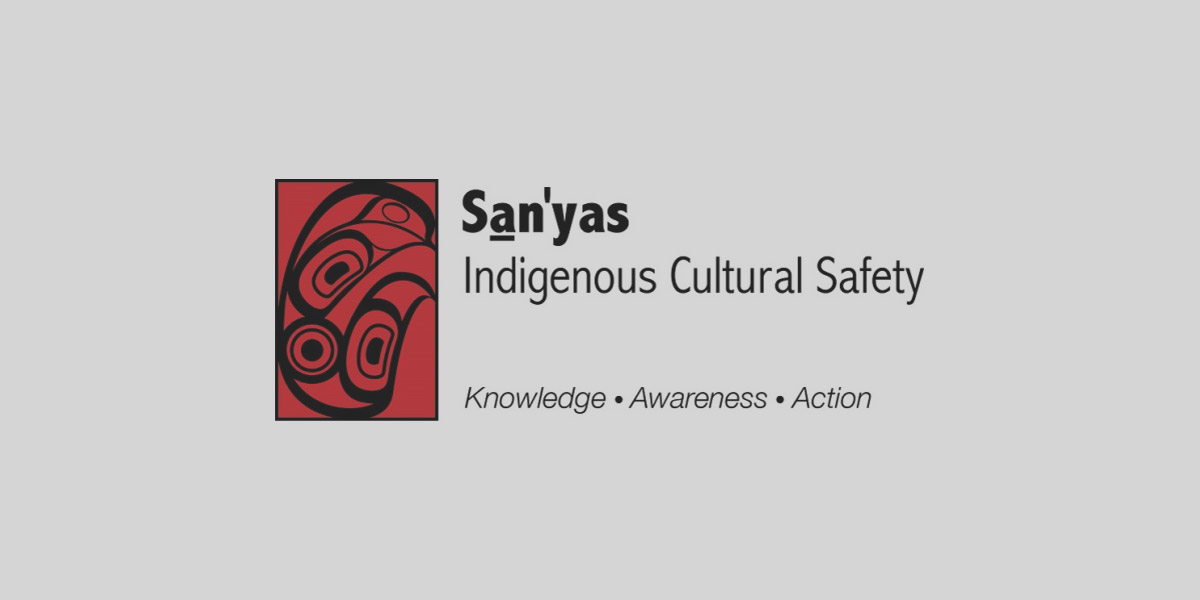
San’yas Indigenous Cultural Safety Training
An self-directed online course (8 hours total) in Indigenous cultural safety. San’yas focuses on uprooting anti-Indigenous racism and promoting cultural safety for Indigenous people. These efforts provide a foundation that is necessary for reconciliation between Indigenous and Settler peoples across Canada.
Knowledge Keepers in Research
A self-directed virtual guidebook that aims to create a culturally safe space for researchers, patient partners and Knowledge Keepers to come together. It will encourage researchers to honor various forms of knowledge alongside Indigenous Knowledge Keepers and help them translate those teachings into practice.
Training and Certification
Opportunities to pursue additional training and certification, such as The First Nations principles of ownership, control, access, and possession – more commonly known as OCAP (self-directed online course) and Tri-Council Policy Statement Ethical Conduct for Research Involving Humans known as TCPS-2.

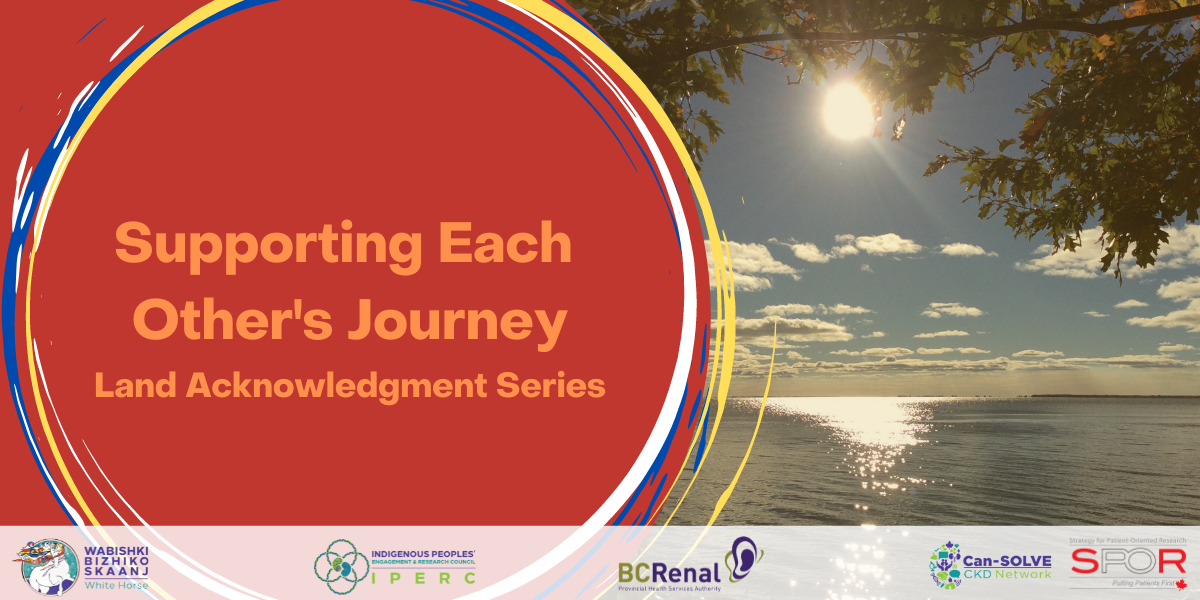
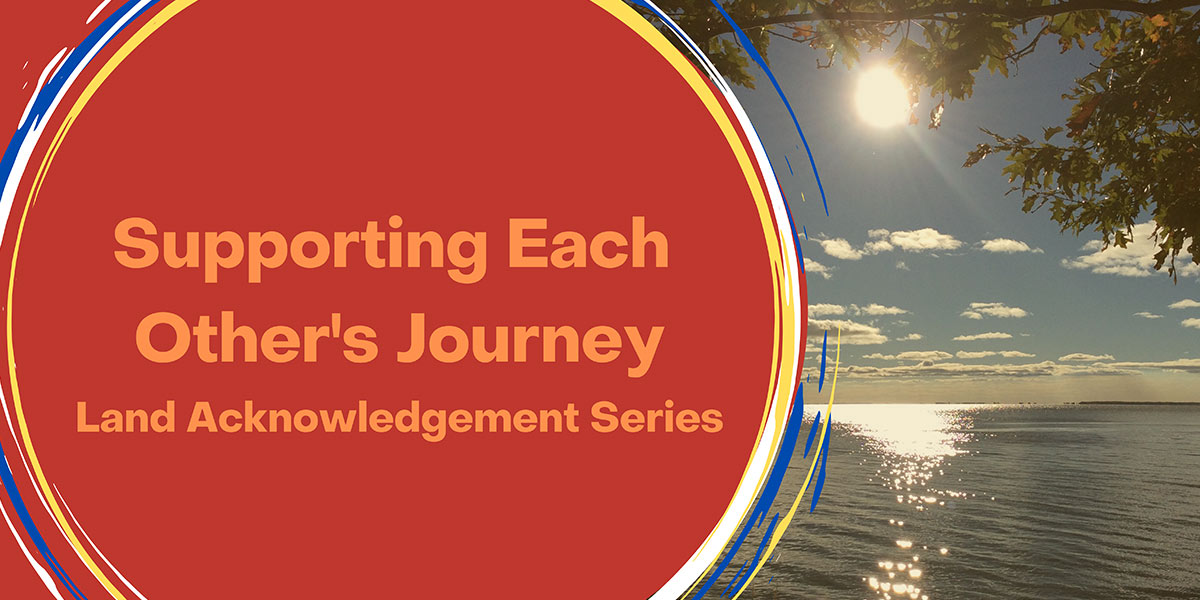
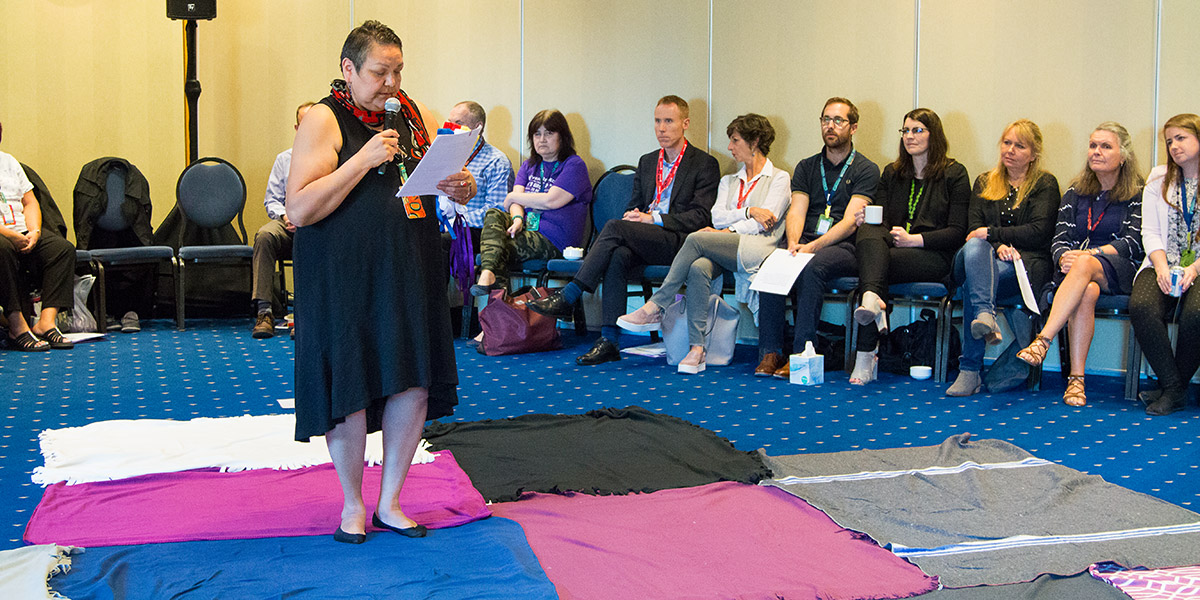
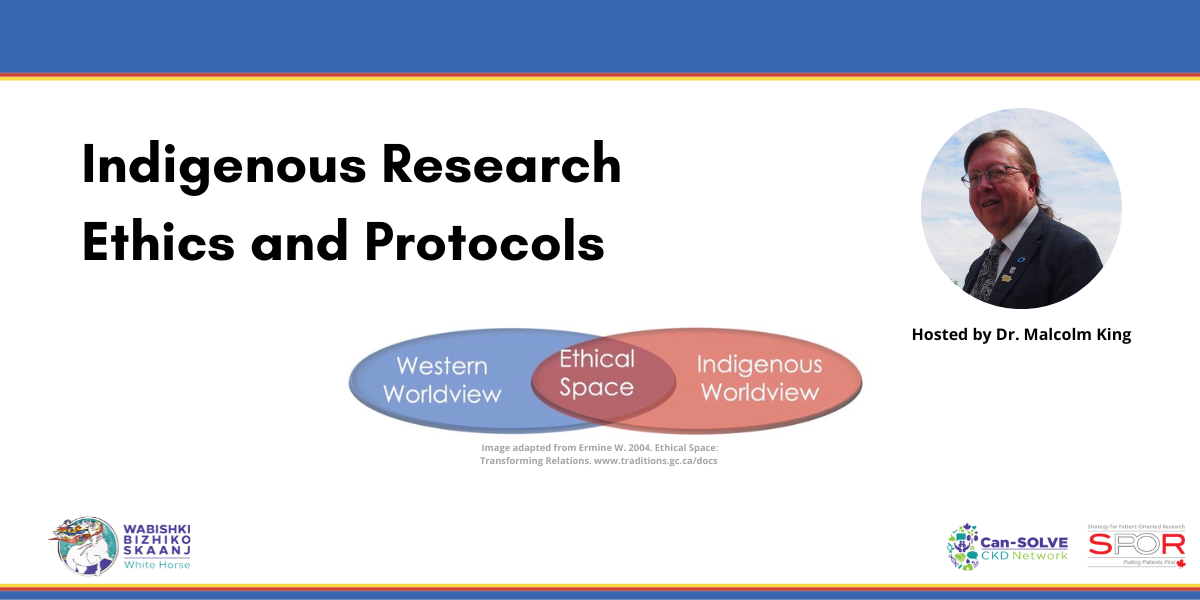
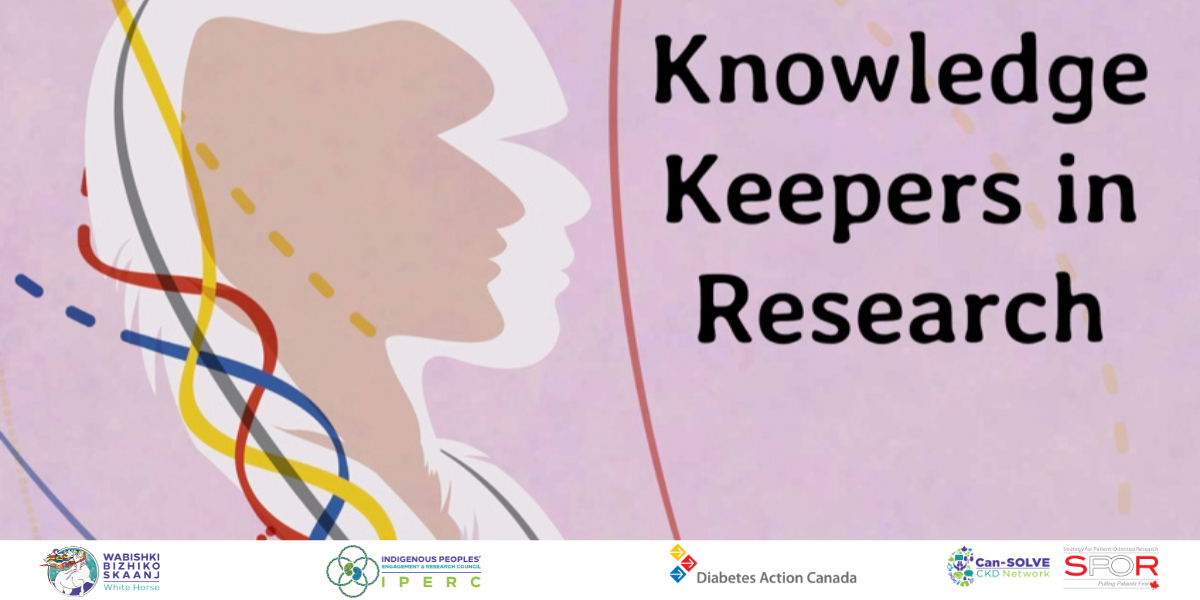
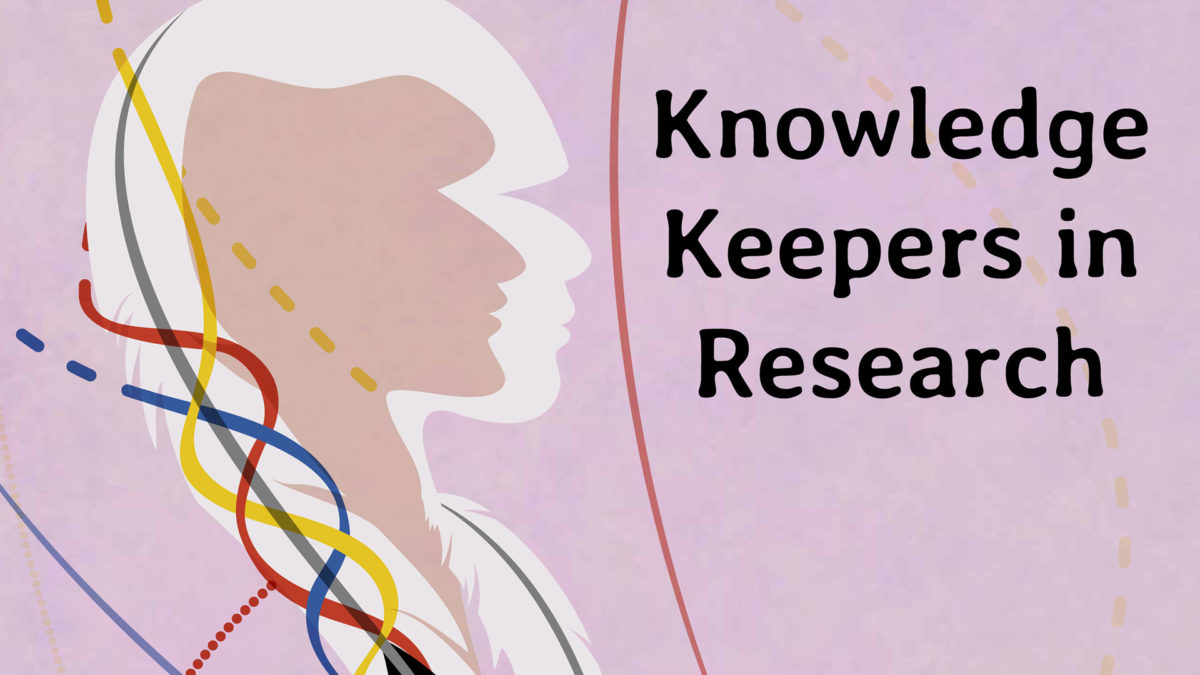
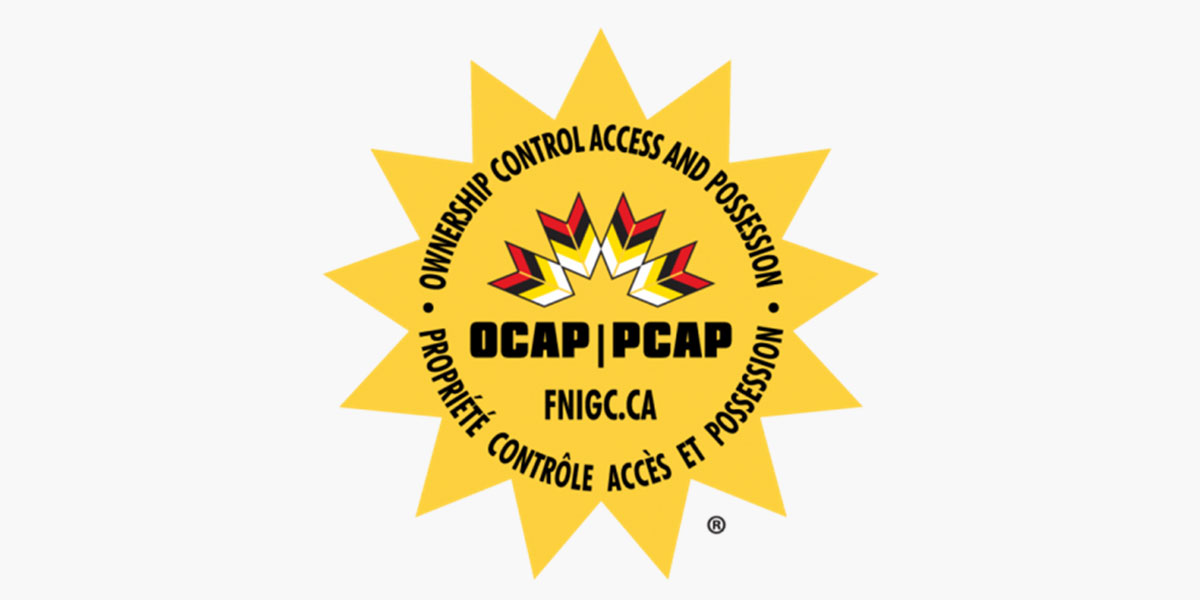
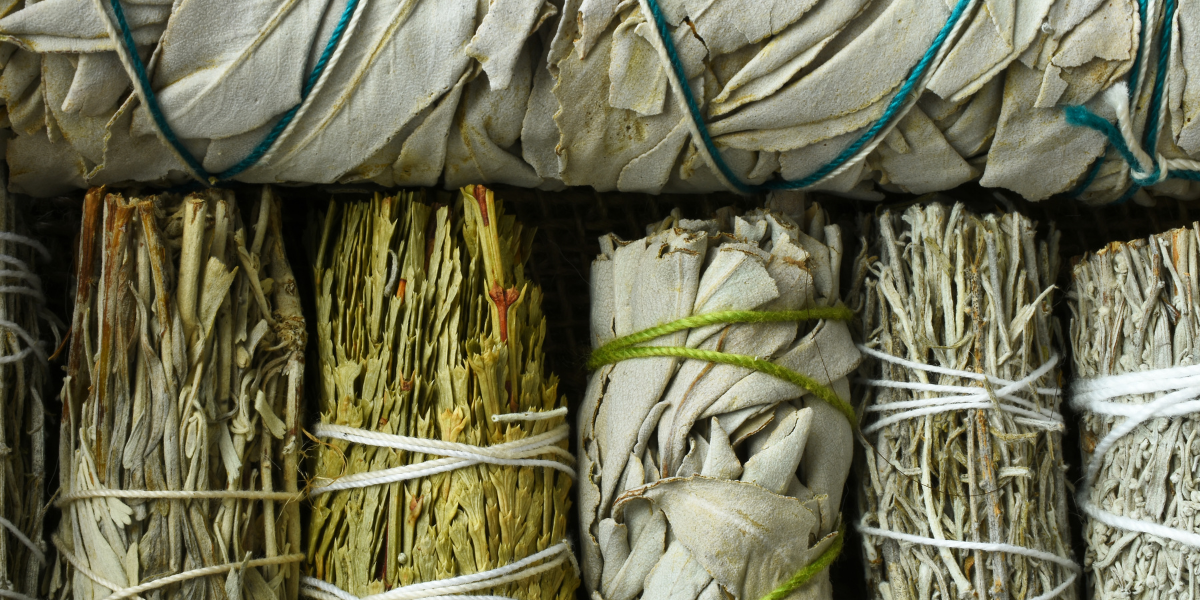
Connect with us